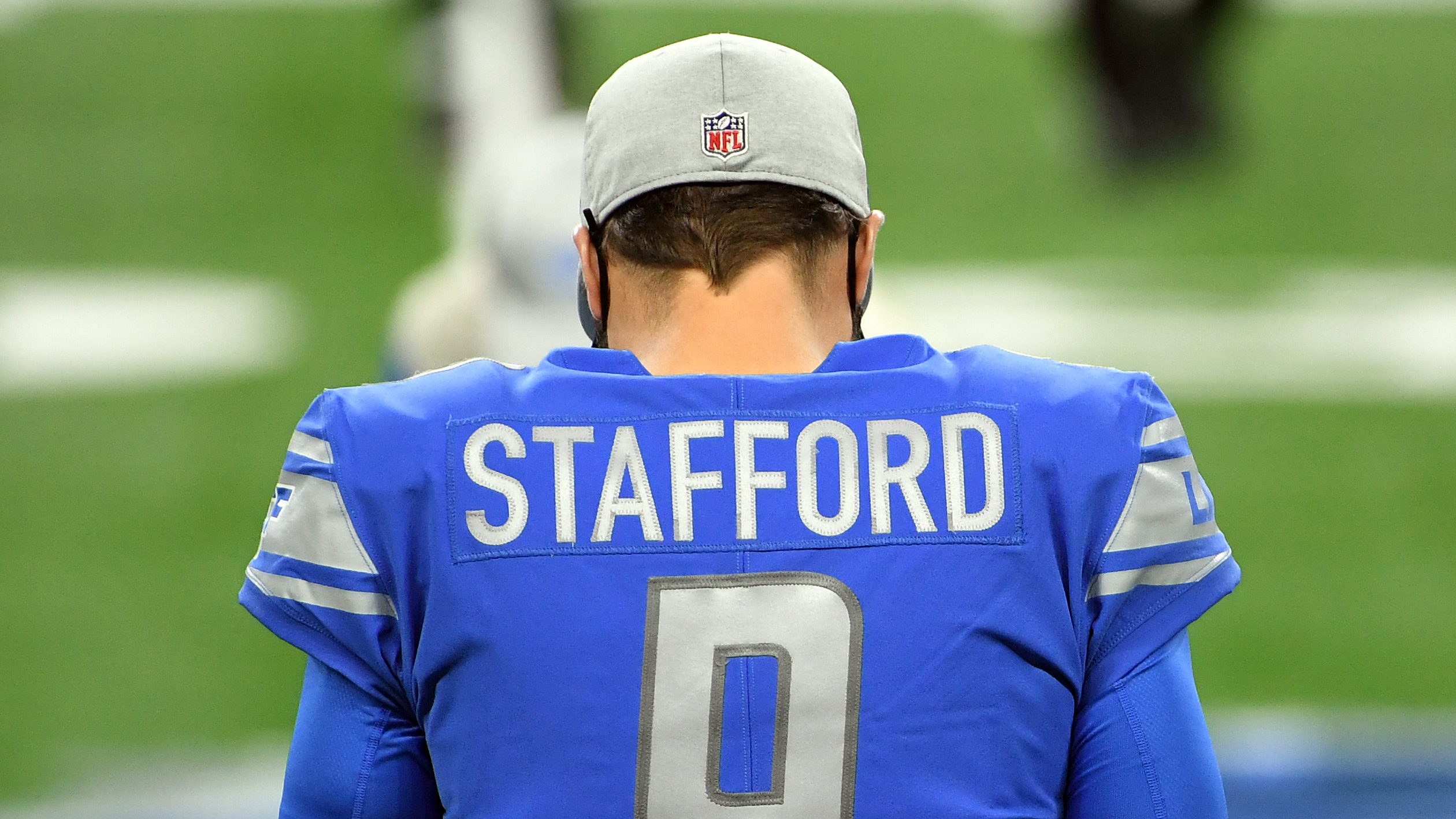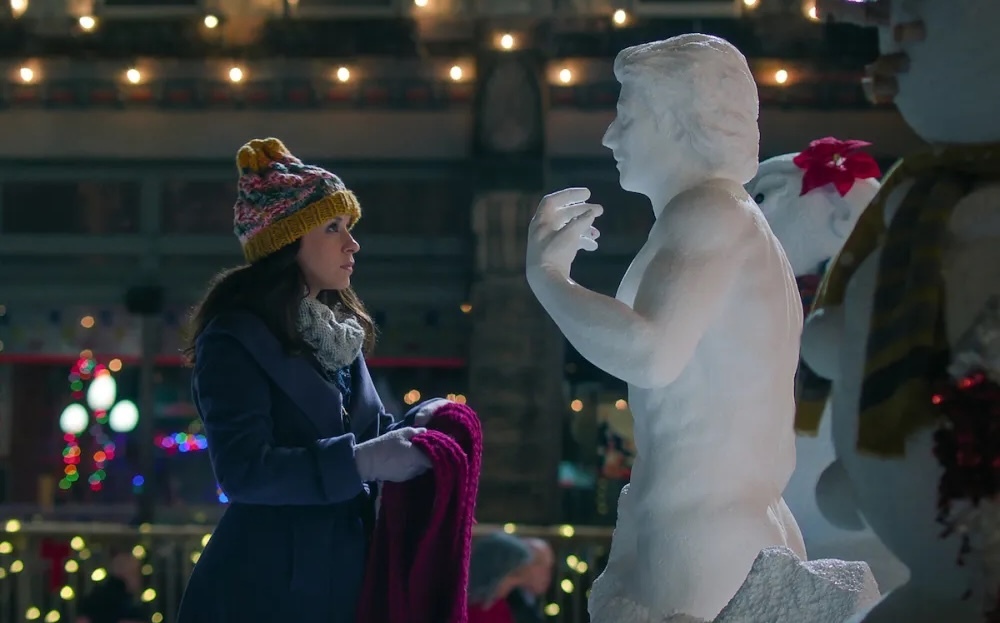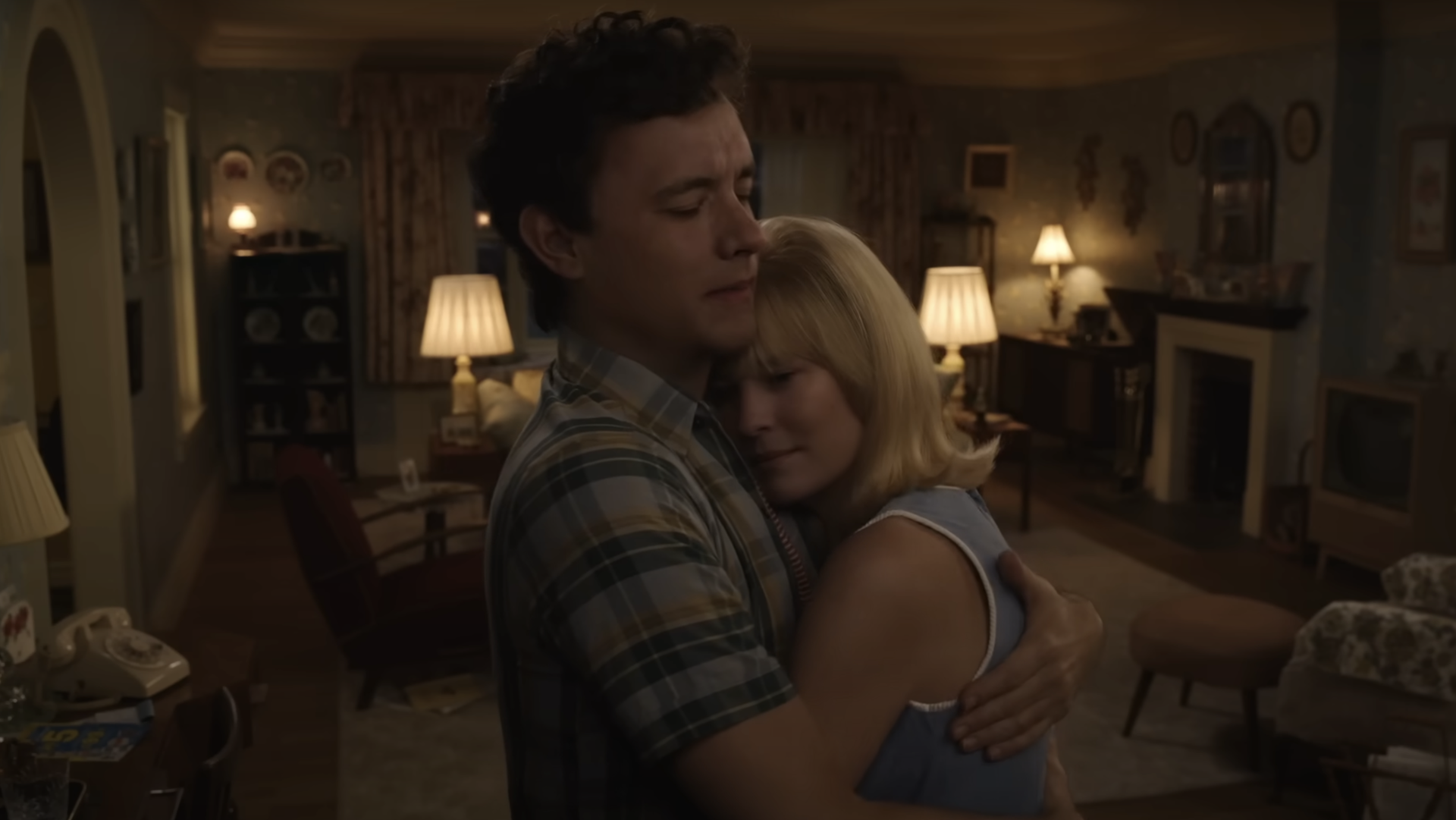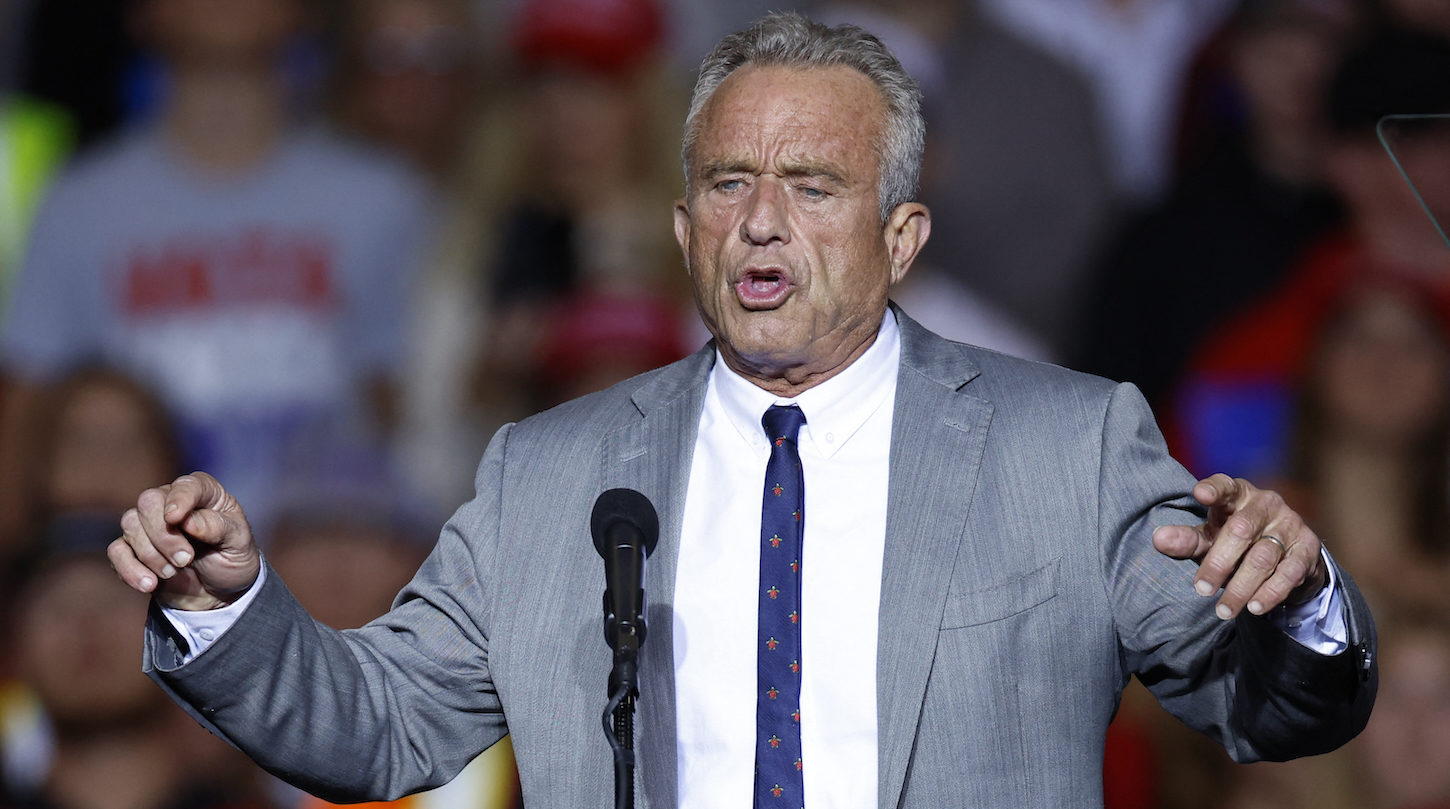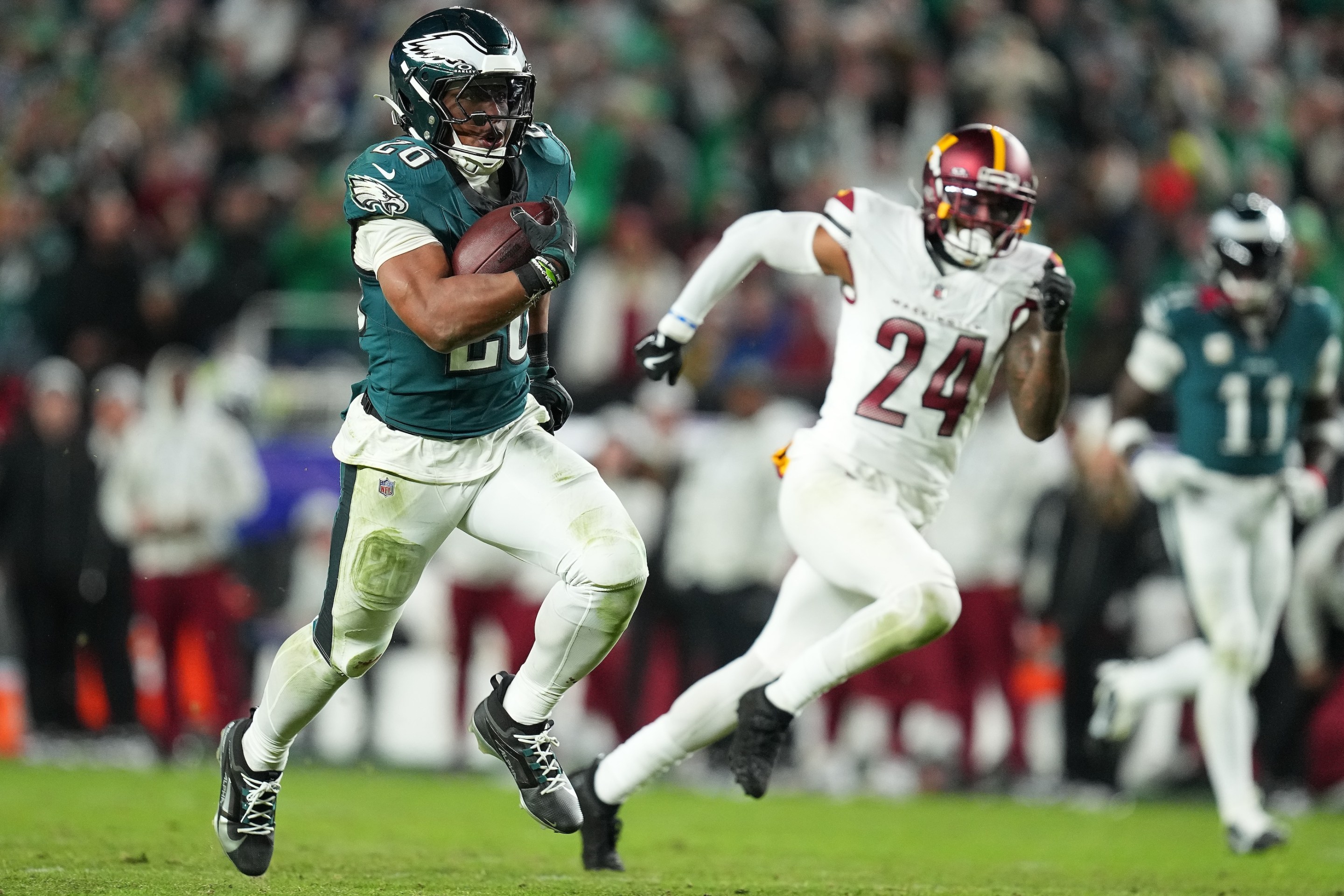It is a measure of how bizarre the weekend's two blockbuster trades are that the word "blockbuster" now means more to stock market speculators than sports jargoneers. So it is with the backdrop of old orthodoxies blown to smithereens that we try to figure out the two jaw-slackening human exchanges of the weekend: Nolan Arenado going to the St. Louis Cardinals and Matthew Stafford to the Los Angeles Rams.
Neither trade makes a lot of logical sense if you look at them in only a "how does this affect the game on the field" way. The best trades in a conversational sense are ones in which both team are trying to get better in the place where you can see them—say, a hypothetical deal in which the Rockies traded Arenado to St. Louis for first baseman Paul Goldschmidt.
But nobody seems to do that any more. The Arenado deal, in which the Cardinals got a still-elite third baseman AND $50 million for a heap of mid-level prospects led by this guy, feels so ridiculously lopsided that Rockies owner Dick Monfort and general manager Jeff Bridich are now challenging the Houston Texans leadership cabal for Dumbest-In-Show. The most pressing risk for the Cardinals is ironing out a few crinkles in Arenado's contract, which probably can be done in a few hours over doughnuts and bourbon, while the Rockies now look ridiculous as well as feeble.
The Stafford deal, on the other hand, challenges some cherished beliefs of their own, starting with the notion of draft picks as the most sacred part of a team's asset arsenal. The Rams rid themselves of Jared Goff's contract and declining results for Stafford's advanced age and superficially cruddier results, but it is general manager Les Snead's utter disdain for first-round draft choices that marks this deal. As has been cited everywhere else, Snead's last first-rounder was Goff, in the run-up to the Trump-Clinton election, and his next one will happen during the early stages of the Harris-Boebert election cycle. That's how much the Rams had turned on Goff, just two seasons since the year he quarterbacked the Rams to their appearance in the worst Super Bowl ever. The Rams clearly hate even the mechanism by which they acquired him in the first place.
The attraction to Stafford, on the other hand, is partially due to Sean McVay's high school friendship and athletic rivalry with Buffalo wide receivers coach Chad Hall, whose sister Kelly is Stafford's wife. Roster building through childhood yearbooks is the new market inefficiency.
McVay is also opting for a quarterback who is six years older, has a recent history of back issues that cost him half a season in 2019, and has great counting stats but a lousy winning percentage (the worst stat in all Christendom) on an epochally bad Lions franchise whose immediate future prospects took the expected downward plummet. They were listed as a 65-1 bet to make next year's Super Bowl (in other words, an idiot's bet) before the trade and are now tooling around sub-Jet territory at 150-1.
But Lions general manager Brad Holmes, who got the job right before breakfast, got first-rounders in 2022 and 2023 and a third-rounder this year. Plus, he got Goff's lousy contract and rid himself of Stafford's deal. For you Robinhood types, the Rams will inherit the two years and $43 million remaining on Stafford's deal, the Lions take on four years and $106.6 million on Goff's contract. The Rams carry a $22.2 million dead cap hit in 2021 after trading Goff, and the Lions will carry a $17.8 million dead cap hit in 2021.
As we know, inherited contracts and cap hits are essentially joy-sucks, the kind of data points that remind us how badly the heating elements in the hot stove can be. The important thing is that two big trades gave us, in no particular order:
- The Detroit Lions putting a few more nails in their already sealed window of competitive contention, as they join Arizona, Cincinnati, New Orleans, Pittsburgh, and themselves from 1957 to 1991 in the exclusive Three Decades Without A Playoff Win Club.
- The Los Angeles Rams power-puking on the first-round draft choice as a method of roster construction, rivaling Washington's stretch of 23 years with only three first-rounders between 1968 and 1991, including a 12-year and an eight-year stretch on either end of that era. Two of the three picks they actually used were Art Monk and Darrell Green, but who wants Hall of Famers when you can have nothing at all?"
- The Colorado Rockies as the team whose next move to improve the team through organizational trouser-soiling will be to pay Tampa Bay to take Trevor Story off their hands.
- The St. Louis Cardinals suddenly becoming, if not likable, then at least admirable.
That all seems utterly horrifying until you realize that the next sound you hear will be McEasterby clearing their collective throat, continuing the delusion that not everyone wants to win to the same degree, and saying, "Hold my Bible." That's the one that has the best chance to be the one-sided trade of the century, in that the Texans, who need to recapture their place as the worst-run sports franchise on the continent, are even money to trade Watson and be the team to include the draft choices, the cash, and the cap relief. Go on, invest in the other side of that one, we dare you.
